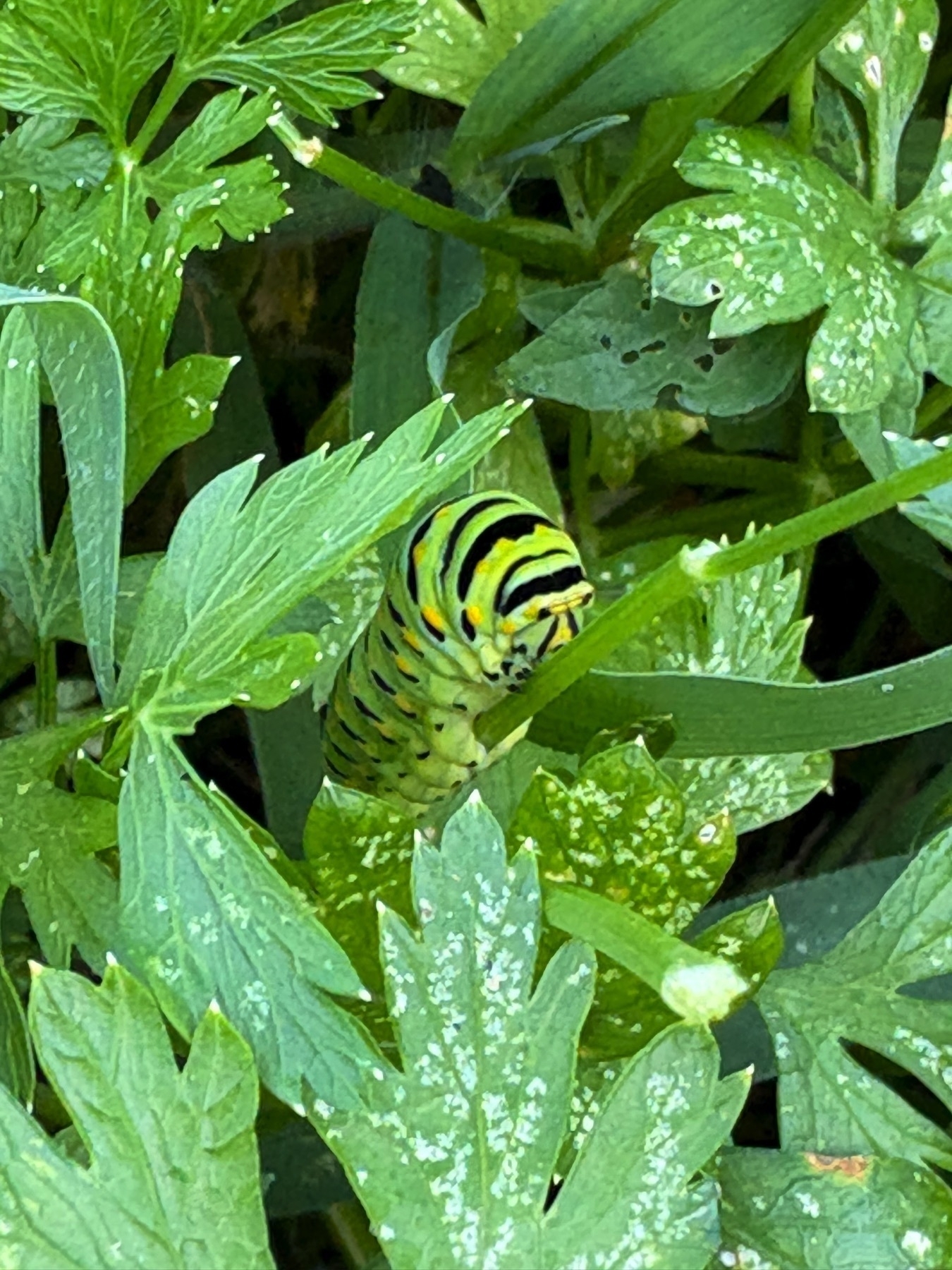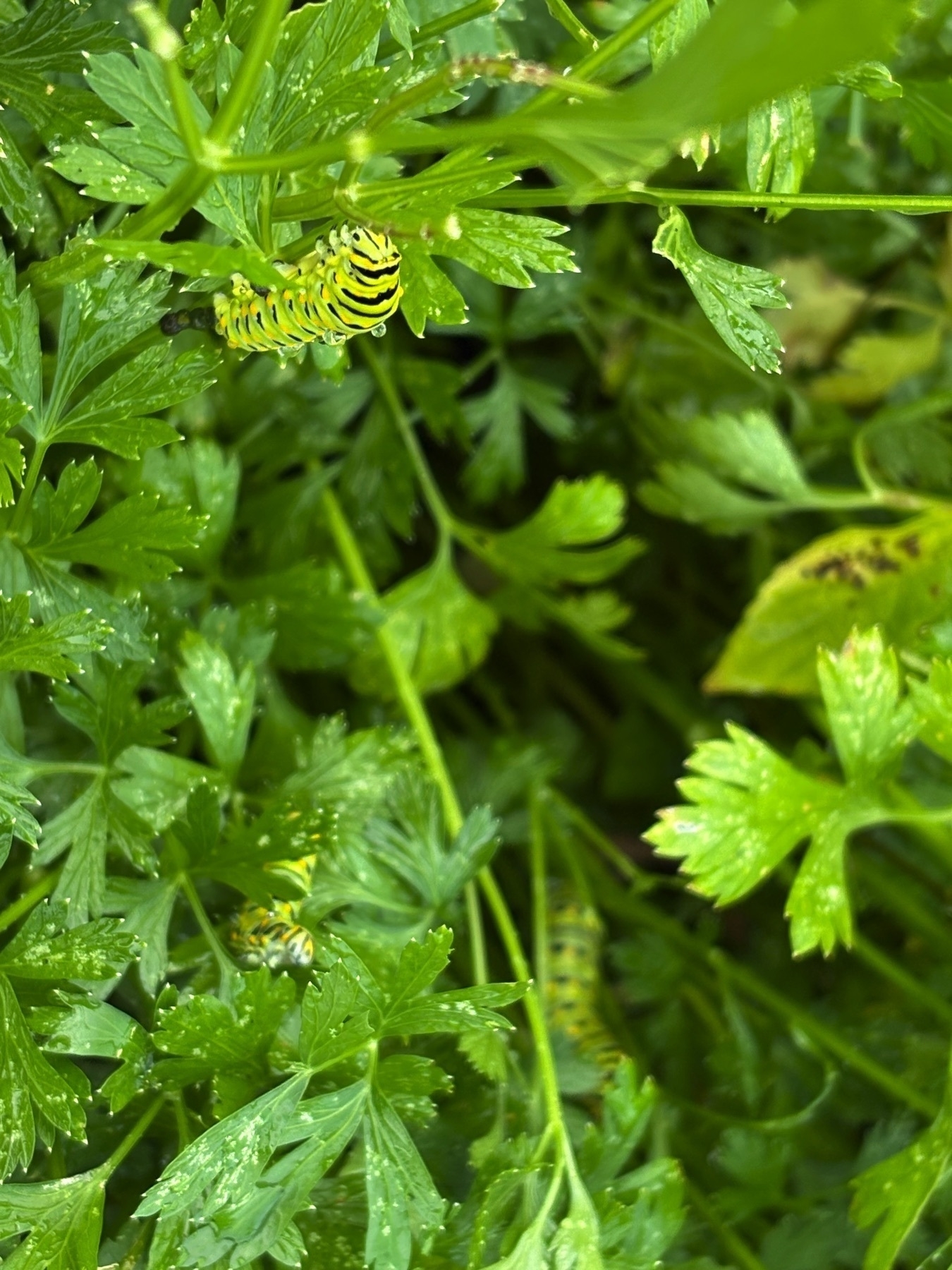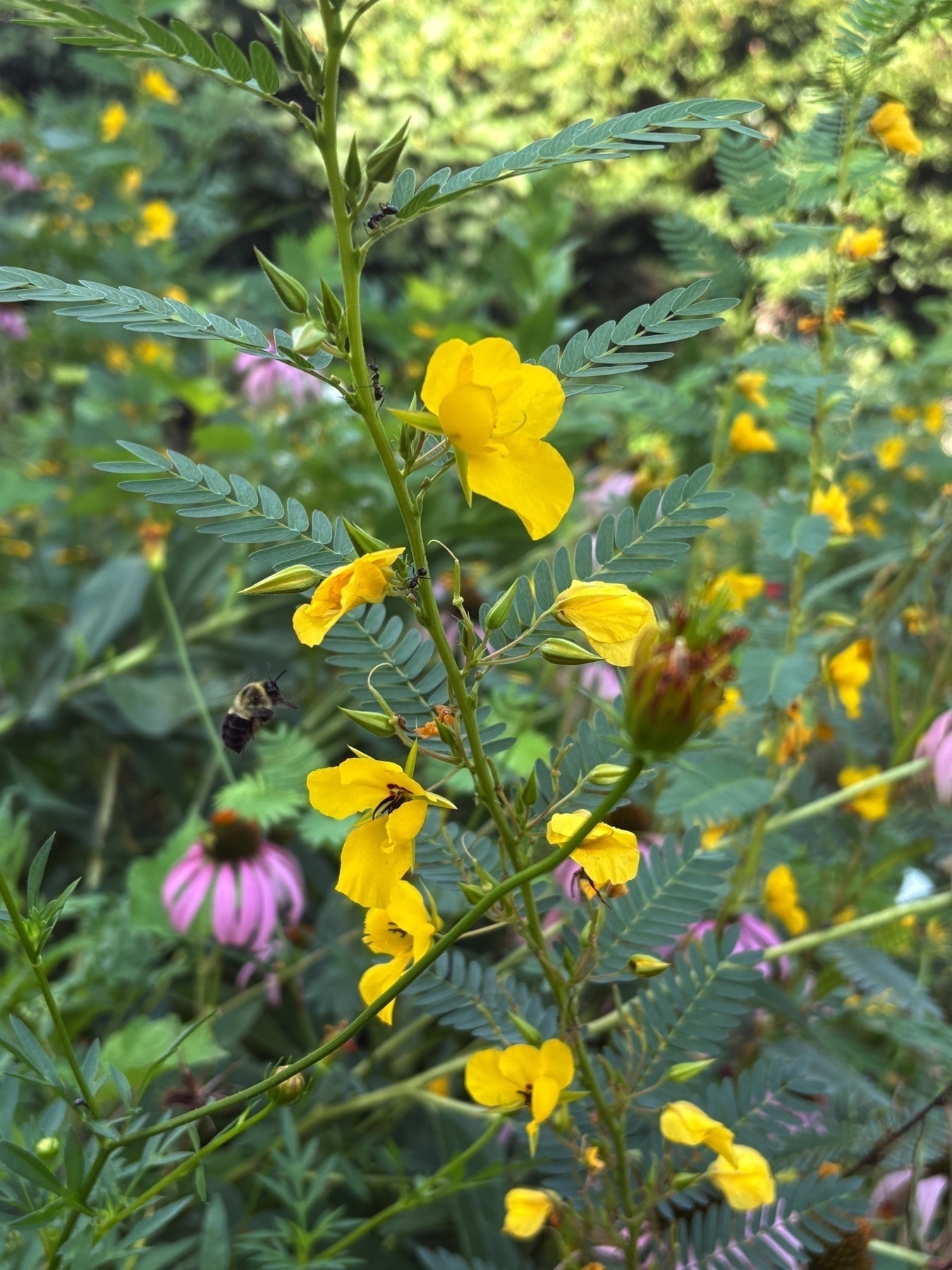After a few hours, Chesterton’s Junk Drawer (you can’t throw anything away until you remember why you saved it) becomes Zeno’s Junk Drawer: you can’t finish until you sort half of it, and then half of the rest, and then half of the rest… Until at last, late in the afternoon, you find yourself with Occam’s Junk Drawer, and chuck all the rest of it in the trash. Such is the progress of philosophy.
Cleaning out the workshop today, and facing a little problem I call “Chesterton’s junk drawer.”

Stocking up on woodenware for the holidays before the weather turns cool and I can spend full days in the workshop making more interesting things. Got a shaving horse in a semi-spare bedroom for carving, another on the front porch for sanding, and buckets of half-made spoon-like objects.

Another storm last night makes eleven inches of rain in the past nine days. Fall greens and carrots should have gone in the ground last week, but the soil is going to have to dry out a bit before I can clean up the summer stuff.
The earliest examples of Pennsylvania German “fraktur” were illuminated hymnals, so I thought I should try a bit of music.

Experimenting with an actual scene here. Interesting to carve and there’s a lot I like about it, but the limitations of the medium make it hard to get too realistic, and I can’t decide whether it works.

Particle board, particle board
Looks just like a regular board
What is it made of? Nobody knows.
Particle board.
Is it compressed
Or is it a mess
Could it be totally worthless?
Who came up with particle board?
Degraded board, particle board.
I can’t recall the last time a news story gave me as much joy as I felt reading about the long-tailed macaques at an Indonesian temple who steal items from tourists to trade for food. That they have figured out how much various items (from sunglasses to phones) are worth to people and demand appropriate payment is especially wonderful.
It does strike me that for all the jokes about criminal enterprise and academic pondering about Macaca economicus there is a potential religious explanation for what’s going on. Consider:
- “The Balinese Hindu site dates back to at least the 11th century and the roughly 600 monkeys that inhabit it are considered by locals to be sacred guardians of the temple.”
- “Kadek Ari Astawa, who coordinates the monkey handlers, said he heard that when the site first opened to tourism, visitors sometimes fed the monkeys. When temple management started feeding them a regular diet and forbade tourists from giving them food, the monkeys began to steal visitors’ belongings.”
If you quit bringing gifts for the sacred guardians of the temple, what can you expect?
Cradle-to-grave pollinator gardening. This spring I planted a bed of parsley, partly for myself but mostly for these little guys: black swallowtail butterfly caterpillars. There are at least ten of them out there now, bulking up.



I don’t expect my (human) neighbors enjoy the partridge peas as much as they do the cosmos and the coneflowers, but I like them and the bees like them, and I’ve been glad to see so many of them blooming this summer.
